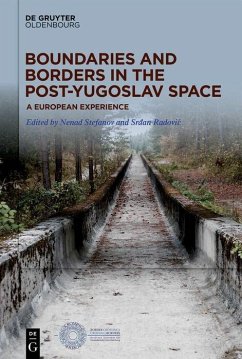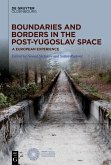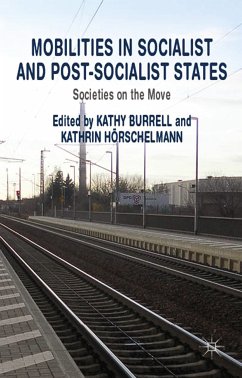Exploring the boundaries of Yugoslavia is not just relevant in the context of Balkan area studies, but the sketched phenomena acquire much wider importance, and can be helpful in order to better understand the dynamics of b/ordering societal space, that are so characteristic for our present situation.
Nenad Stefanov, Humboldt Univesity of Berlin; Srdjan Radovi?, Serbian Academy of Sciences and Arts
Dieser Download kann aus rechtlichen Gründen nur mit Rechnungsadresse in A, B, BG, CY, CZ, D, DK, EW, E, FIN, F, GR, HR, H, IRL, I, LT, L, LR, M, NL, PL, P, R, S, SLO, SK ausgeliefert werden.









